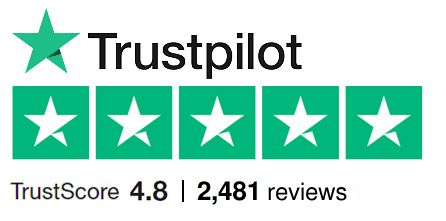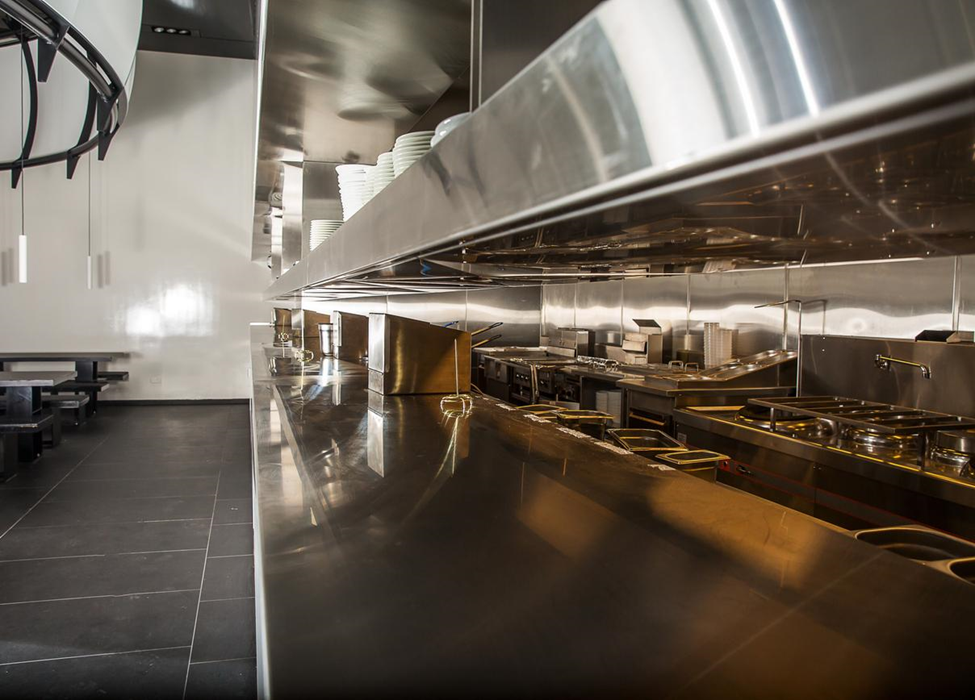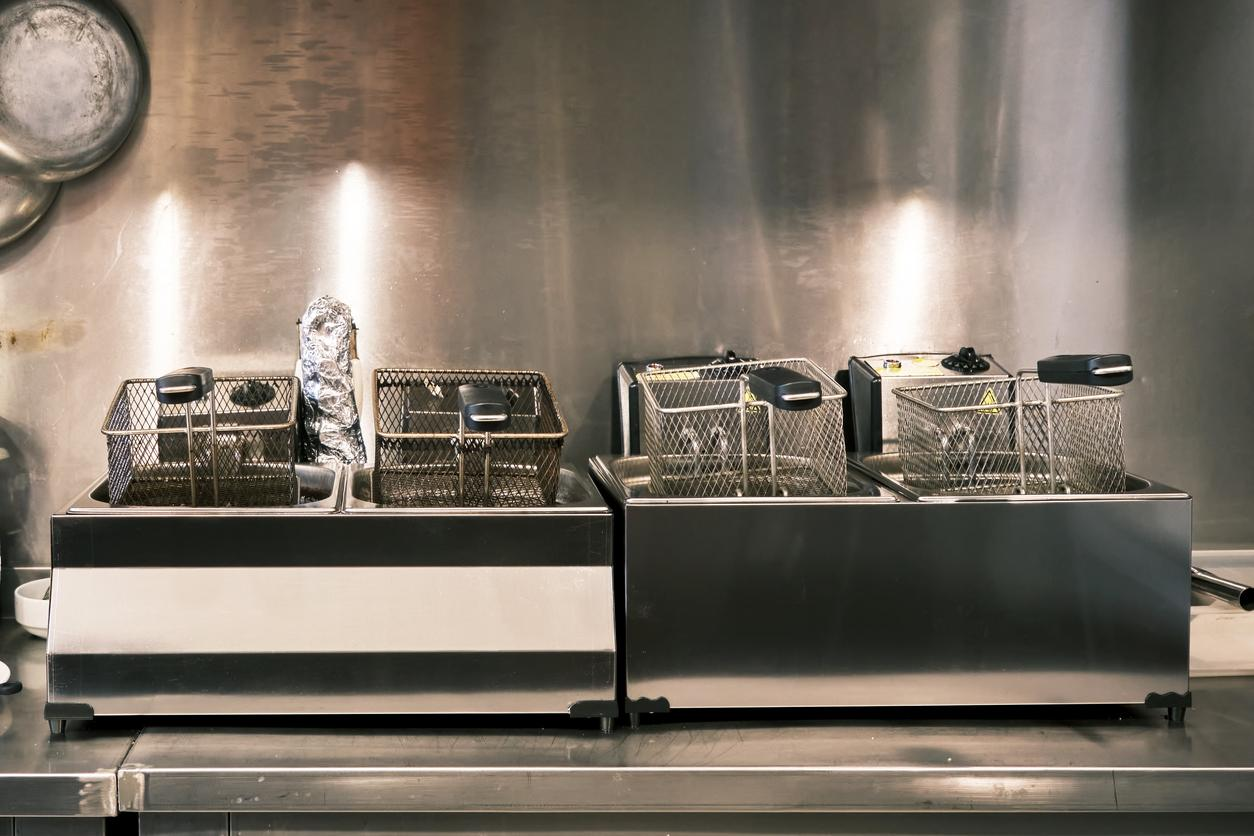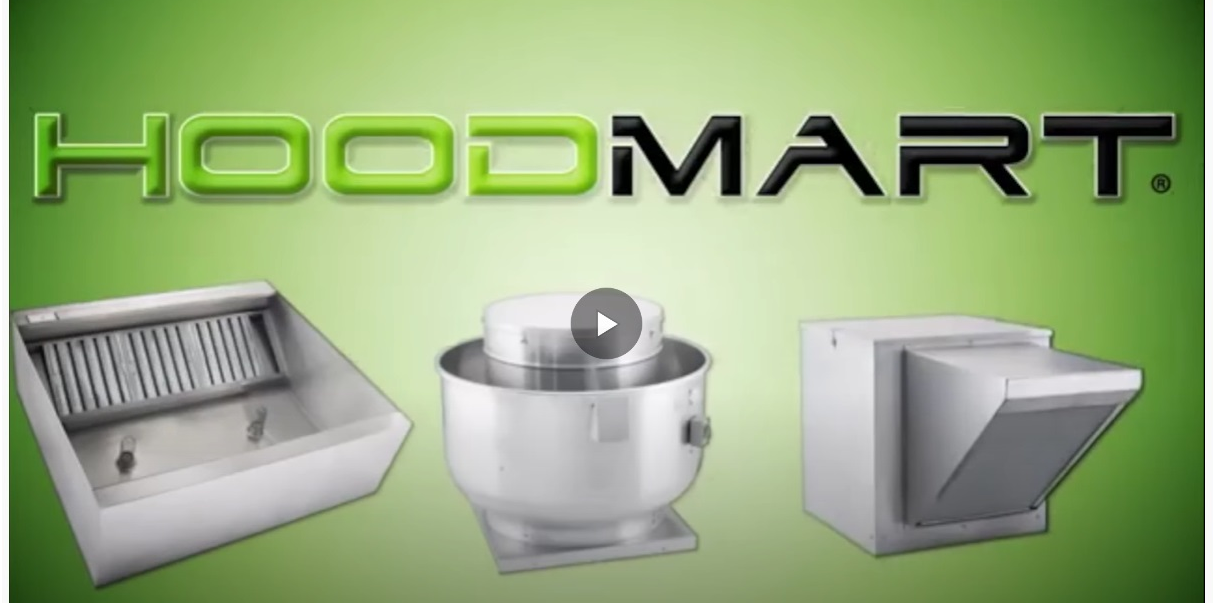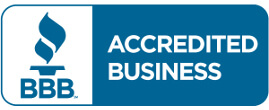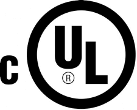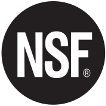We use cookies to help improve our services, make personal offers, and enhance your experience. If you do not accept optional cookies below, your experience may be affected. If you want to know more, please read the Learn more.
What Kind of Fire Suppression System Do You Need for a Food Truck?
What Kind of Fire Suppression System Do You Need for a Food Truck?
- March 19, 2024
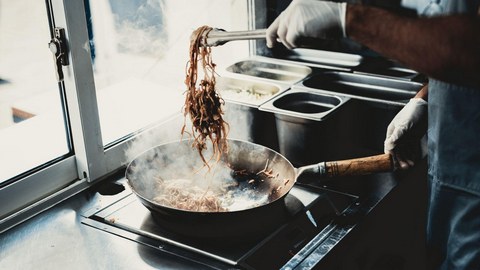
Fire safety isn't just a checkbox—it's a lifeline for your food truck venture. That's why choosing the right fire suppression system isn't just a choice—it's a necessity. In this guide, we're diving deep into the fiery heart of food truck operations to explore why fire suppression systems are crucial and how to select the perfect one for your rolling kitchen.
Why Do You Need a Fire Suppression System for Your Food Truck?
Open flames, hot surfaces, and flammable materials are par for the course in a food truck, and the threat of fire hazards looms large. The potential consequences of a fire extend far beyond mere property damage, posing significant risks to life and livelihood. Here's why investing in a robust fire suppression system is non-negotiable:
Safety of People: Paramount among all considerations is the safety of customers, employees, and proprietors. A dependable fire suppression system stands as a critical line of defense, swiftly containing and extinguishing fires to minimize the risk of injury or harm to individuals in the vicinity of the food truck.
Protection of Property: Beyond the human element, fires can wreak havoc on your food truck, ravaging equipment, inventory, and infrastructure. A fire suppression system mitigates damage, safeguards assets, and minimizes financial losses by swiftly suppressing flames.
Compliance with Regulations: Local fire codes and regulations often mandate the installation of fire suppression systems in food trucks. Adhering to these requirements not only ensures the safety of your operation but also shields you from legal entanglements, potential fines, or even business closure.
Types of Fire Suppression Systems for Food Trucks
Two primary options reign supreme in the fire suppression systems for food trucks: wet chemical systems and dry chemical systems. Let's explore each type's unique attributes and applications:
Wet Chemical Systems: Tailored for commercial kitchens and cooking areas, wet chemical fire suppression systems deploy a potassium carbonate-based solution to douse flames and thwart re-ignition. Ideal for combating grease fires, these systems excel in environments where cooking involves oils and fats.
Dry Chemical Systems: Versatile and effective, dry chemical fire suppression systems—commonly known as ABC fire extinguishers—utilize dry chemical agents to combat a range of fire hazards, from combustible materials to electrical equipment. They are suitable for diverse applications and offer a reliable solution for general fire threats beyond the cooking area.
Kiddie and ANSUL Fire Suppression Systems: The Gold Standards of Fire Safety
Both ANSUL and Kiddie fire suppression systems are highly favored choices for ensuring fire safety in food trucks. ANSUL systems are renowned for their reliability and effectiveness in combatting kitchen fires, tailored to swiftly and comprehensively suppress fires in high-temperature environments typical of mobile kitchens. Employing a wet chemical agent, ANSUL systems smoothen flames and prevent re-ignition, making them particularly potent against grease fires commonly encountered in cooking operations. Similarly, Kiddie fire suppression systems boast a track record of dependability and efficiency and are equipped to tackle kitchen fires with precision. With a design optimized for quick and thorough fire suppression, Kiddie systems seamlessly adapt to the spatial constraints of food trucks, ensuring critical fire protection is always at hand. Whether it's ANSUL or Kiddie systems onboard, food truck operators can rest assured in their ability to swiftly and effectively respond to fire emergencies, safeguarding both their business and the well-being of customers and staff.
Choosing the Right Fire Suppression System
Selecting the optimal fire suppression system hinges on several key considerations:
Type of Cooking and Equipment: Evaluate your food truck's cooking methods and equipment to determine the most suitable system. A wet chemical system may be best for oil and fat-centric cooking, while a combination of wet and dry chemical systems may be warranted for broader fire hazards.
Local Regulations: Familiarize yourself with pertinent fire safety regulations in your area to ensure compliance. Select a fire suppression system that aligns with local code requirements for food trucks.
Professional Assessment: Seek guidance from fire safety professionals or reputable suppliers like Hoodmart, which specializes in fire suppression systems for food trucks. Their expertise can inform tailored recommendations based on your unique operational needs.
Conclusion
Fire safety is crucial for food truck owners to run operations smoothly. By investing in a reliable fire suppression system, you not only protect lives and property but also fortify your compliance with fire safety regulations. Assess your cooking methods, heed local regulations, and enlist professional guidance to select your food truck's ideal fire suppression system. Prioritizing fire safety bolsters your business's resilience and affords peace of mind as you traverse the culinary landscape, serving up delectable delights to patrons on the move. Ready to take the next step? Reach out to the seasoned experts at Hoodmart today to safeguard your culinary venture against the fire threat.



